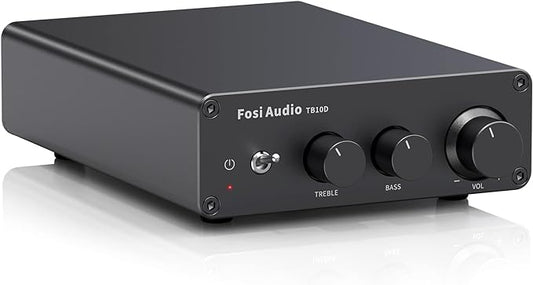NAS bash
by Paul McGowan
I do not use a NAS in my setup and there are several reasons why, but before I do a NAS bash, let's examine some of the upsides of the device.
In yesterday's post I described a summary of what differentiates NAS from other storage schemes and of those differences, perhaps the two most significant are isolation and isolation.
I guess we'll start with isolation... NAS have no direct connection with computers. Instead, they connect through isolated wires or the air. This is different than two other types of storage, internal and USB. Internal and USB connect directly to the computer and unless care is taken in its design - and it rarely is - power supply, ground issues and data routing can reduce sound quality. Using a NAS obviates these issues: there are no common grounds, power supplies are isolated, data routing is less intrusive. +1 for the NAS.
Isolation, two. NAS do not have to be physically close to computers. They can be one foot away or across the world with no difference in sound quality. They can also be shared by many computers. And if physical proximity is important, or sharing is advantageous, then NAS have a place in your system. +2 for the NAS.
Still I don't use them unless there's a good reason. Here at PS Audio we have a huge NAS run by engineering. It's valuable as a research tool, working on the Bridge, providing identical music for multiple devices under test or use. But when I want to just listen to music, or audition a new amplifier, preamplifier, firmware upgrade for a DAC, I rely instead on a USB hard drive or the PerfectWave Memory player.
Why? NAS are slow, NAS connect through circuitous routes, NAS are painful to copy and backup, NAS are expensive, NAS requires a switch or router, NAS provides no advantage to me and I do not share my music.
Tomorrow I'll tell you what I do and why.
- Choosing a selection results in a full page refresh.
- Opens in a new window.








